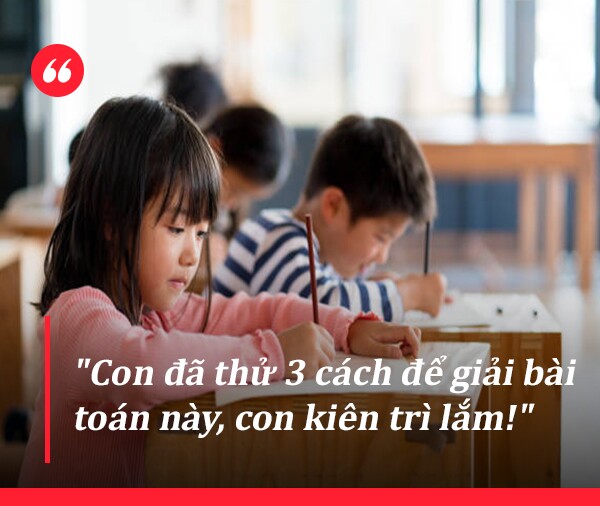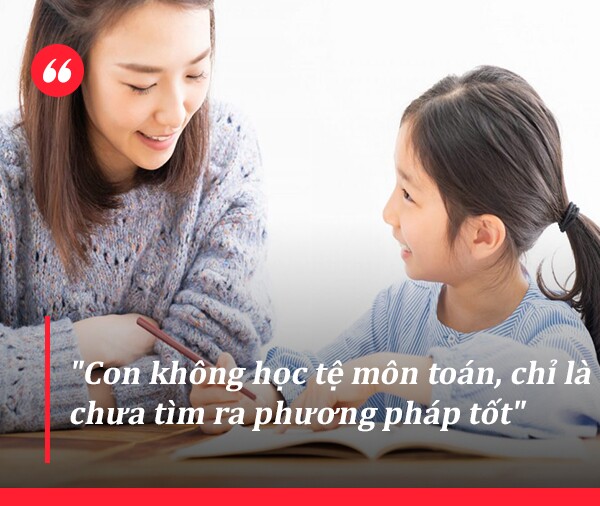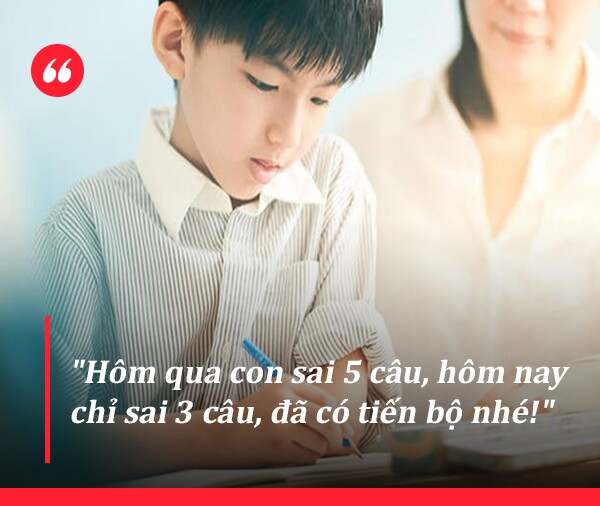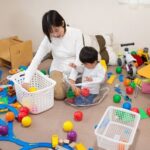Instead of backing down when faced with challenges, they see them as opportunities for growth and even enjoy the problem-solving process.
They believe that hard work is the only way to grow and tend to pay more attention to this process. Even in the face of temporary failure, there are still lessons to be learned, and they maintain their passion for learning.
They are willing to invest in learning and believe that all their efforts are reshaping their brains. The acquisition of knowledge itself brings a sense of accomplishment.
When ordinary people make mistakes, they often think that they are not capable, and may even give up and think, “I’m not good at this.” However, those with a growth mindset will attribute it to their method or insufficient effort and actively adjust their learning approach. This attribution allows them to view mistakes as useful feedback rather than self-denial.
They possess strong meta-cognitive abilities, monitoring their own learning process and continuously optimizing their strategies. For example, when faced with a difficult question, they might think, “This question is tough, but if I break it down, I might be able to solve it.” If they perform poorly on a test, they reflect, “I guess I didn’t fully understand these concepts. I need to focus more on them.”

Research has found that parental language influences their children’s neural connections, which in turn affects cognitive and emotional development.
Professor Hong Lan, a brain researcher, has also repeatedly emphasized that “Language can change the brain.” Therefore, parents should frequently use these four phrases to reinforce a growth mindset and activate their children’s brains.

“You’ve tried three ways to solve this math problem; I admire your perseverance.”
When parents focus on the process of hard work, children will shift their attention from talent to action and continue to expand their capabilities.
Valuing effort over results helps children develop perseverance, embrace challenges, and dare to try new things. Parental recognition of their efforts encourages children to view challenges as opportunities for growth.
Additionally, emphasizing the process helps children develop problem-solving skills. When children know that their parents appreciate their creative approach to solving a problem, they feel more confident to experiment with different methods instead of solely relying on a prescribed formula.


“You’re not bad at math; you just haven’t found the right method yet.”
Introducing the concept of “haven’t” implies that things can be improved and broken through, helping children develop the awareness that their abilities can be enhanced through learning. This phrase reduces pressure and opens up opportunities for exploration in problem-solving.
When children understand that not succeeding doesn’t mean failure, but rather a part of the learning process, they feel freer to experiment with different approaches. This encourages them to seek new resources, consult with peers or teachers, and even develop their unique learning style.
Moreover, emphasizing “haven’t” also helps children realize that progress isn’t always immediate. They learn that a step back can lead to bigger leaps forward in the future. When children experience this, they develop patience and determination, two vital qualities in life.


“You made a mistake on five questions yesterday, but today you only made three mistakes. That’s progress!”
When children make small improvements, praise them abundantly. This helps them see the path of development and believe that ‘I can do it.’
Parental recognition brings joy and motivation to children. When they receive praise for their efforts, no matter how small, they feel encouraged and motivated to continue trying. These words of affirmation build self-belief and help children realize that all their efforts are valuable and worthy of acknowledgment.
Praise helps children feel proud of their accomplishments and reinforces the awareness that learning is a continuous journey. This leads to children becoming more proactive in seeking opportunities for growth and self-improvement.


“You just counted 6+7 as 12, right? No problem, let’s calculate it again!”
Mistakes are not the end; they allow children to identify their strengths and weaknesses. Checking for gaps and supplementing knowledge is a continuous process of thinking and optimizing learning.
When children realize that mistakes are a natural part of learning, they won’t be afraid to face failures. Instead, they will view each mistake as an opportunity to learn and grow. This encourages the development of a positive mindset, where correction and improvement are seen as essential aspects of the learning journey.

Moreover, analyzing mistakes helps children develop self-reflection skills. When they learn to ask questions like “Why did I make this mistake?” and “What could I have done differently?”, they enhance their problem-solving abilities and critical thinking skills. This benefits not only their academic pursuits but also all aspects of life.
Language is indeed powerful. When parents speak kindly and express love and recognition, children instinctively form a cycle of “Challenge → Hard Work → Learning → Progress → Sense of Accomplishment → Embracing New Challenges.” This mindset shifts their perspective on learning from a capability test to a journey of discovery.
“Infographic: 9 Fun and Educational Holiday Activities for Kids”
Parents, are you looking for ways to engage and connect with your children during the weekends or holidays? It’s important to choose the right activities and games that are not only fun but also educational and age-appropriate. As a savvy parent, you understand the significance of quality family time and the impact it can have on your child’s development. By selecting the perfect games, you can create memorable moments and foster a loving and nurturing environment for your little ones.









































